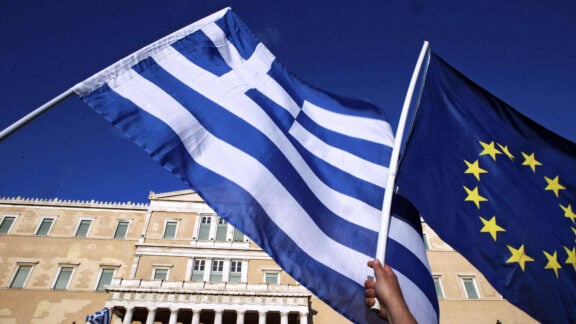Getting a speeding or traffic fine might be a common experience for most of us occasionally, and we grudgingly pay up, but if you’re a foreign diplomat working in this country, the likelihood is you’ll get off scot free.
According to a report by SBS, the Department of Foreign Affairs and Trade (DFAT) has sent scores of letters to embassies in Canberra over the past three years, reprimanding them over traffic and drink driving offences, but the diplomats have managed to escape punishment because of diplomatic immunity.
While not revealing the names of the specific embassies or diplomats involved, DFAT has recently revealed the type of traffic infringements that foreign diplomats in Australia are committing.
The list includes speeding, driving through red lights and give-way signs, drink driving and driving without seat belts.
One female diplomat was reportedly allowed to keep driving, despite accumulating 15 demerit points in 15 months.
This week SBS’s investigation into the matter revealed that DFAT’s powers extend only to writing warning letters to the offending embassies, asking them to keep repeat offenders in line.
Professor Don Rothwell – a specialist in international law at the Australian National University in Canberra – told SBS protecting diplomats from prosecution made sense because their independence would be compromised if they faced criminal proceedings in Australia.
“I think the Australian Government is taking the only approach it really can at the moment, and that is to bring these matters to the attention of the foreign governments. That’s entirely appropriate,” said Professor Rothwell.
“If there was an exceptionally serious case in which a foreign diplomat for example was repeatedly stopped for drink driving and really had a pattern of such behaviour, it would always be open to the Australian government to declare that diplomat persona non grata (an unwelcome person) – on the basis that they did pose a possible threat to public safety and security.”
Professor Rothwell said that he had never come across a case in Australia where a diplomat was forced to return to their homeland because of personal misdemeanours.
Foreign governments have the power to waive a diplomat’s immunity which can allow that diplomat to be questioned by local law enforcement officials.
Richard Broinowski, who was a diplomat for over thirty years and is a former Australian Ambassador to South Korea, Mexico and Vietnam, told SBS that diplomatic immunity could be abused by individual diplomats and governments.
However he always expected his own staff to face up to the consequences if they broke laws around speeding or drink driving.
“The principle is that if you’re doing something in the official course of your duty, diplomatic immunity applies. But if it’s a private matter, then it doesn’t.”
Advertisement
Foreign diplomats evading fines
Immunity just the ticket for overseas embassies in Canberra








